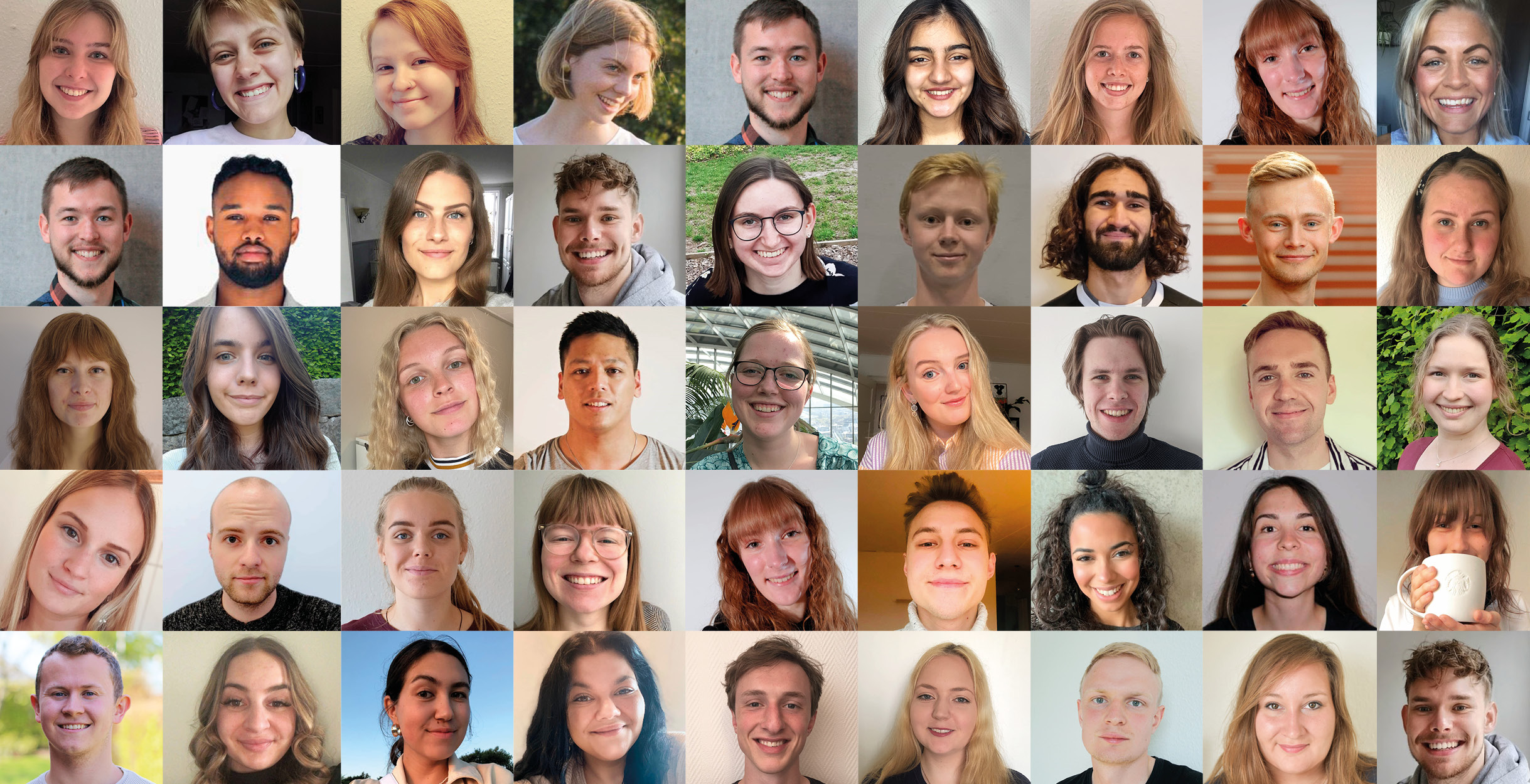What does the programme lead to?
With a master degree in Physics and Technology you are qualified for work in:
- Research
- Development
- Technological aspects of business development
- Consultancies
- Project management.
You will be qualified for jobs in, for example:
- Optical communication
- Sensor technology
- Medical technology
- Aerospace engineering
- Material engineering
- Energy technology
- Optical design and engineering including laser systems
- Nanotechnology including fabrication processes and characterisation techniques
- Computer modelling of physical and technical systems.
You will also be qualified as a university researcher in, for example, nanooptics or to develop new optical detection techniques e.g. for medical diagnosis in close collaboration with medical doctors.
With this programme you are qualified for a job in Denmark or abroad and for studies at PhD level.
See an example of a career
Meet Mads Bergholt, who fights cancer tumours in Singapore
Learning outcomes
What makes a graduate with an engineering degree in Physics and Technology especially attractive to the labour market? Below is an overview of the competencies you will have once graduated: general engineering competencies as well as the special competencies you will acquire in Physics and Technology.


